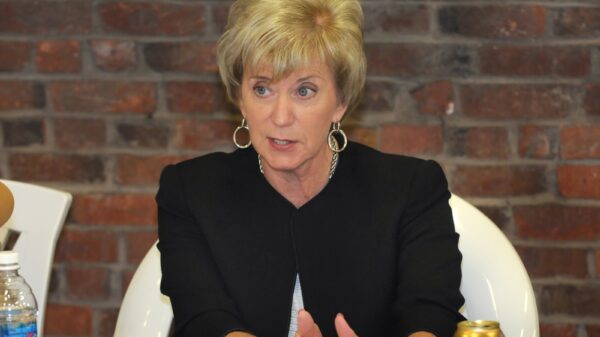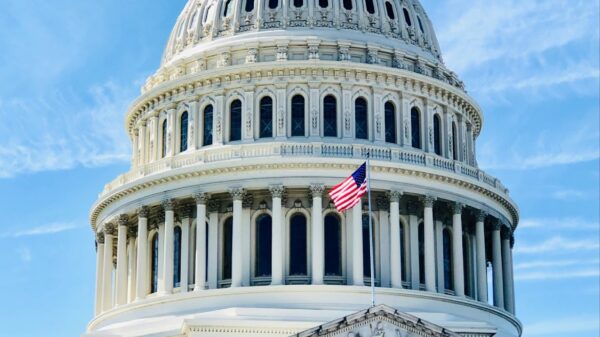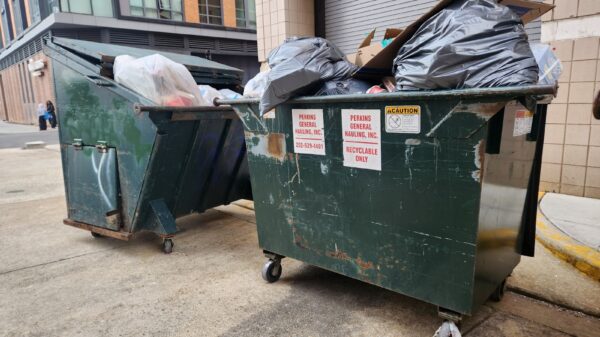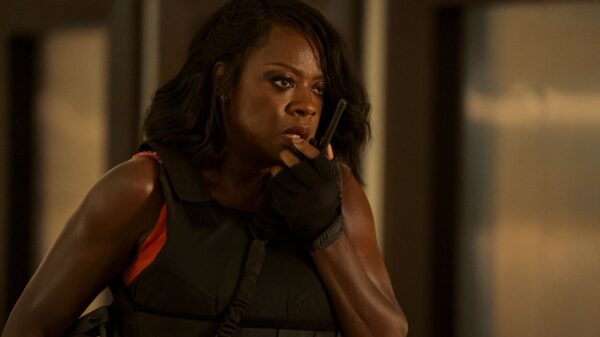
Braids are more than just a hairstyle, they are a cultural marker prevalent throughout the Black diaspora. From enslaved Africans who wove rice and dried food into their braids for sustenance, to cornrows worn by little girls adorned with beads that rattled with each step, every style tells a story.
In recent years, however, the world of braiding has undergone a significant shift and increase in popularity. Braiding became more mainstream for Black women, spurred by social media, growing acceptance of natural hairstyles and legal protections like the CROWN Act, which legalized protection from hair-based discrimination.
However, the rise in popularity came at a cost.
Platforms like Instagram and TikTok have introduced a new generation of braiders who have revolutionized the art form but they also have begun to heavily commercialize and commodify braiding.
“Instagram hairstylists” often prioritize the business side of their craft, sometimes at the expense of customer service, affordability and consistency. As braiding becomes more market-driven, its original artistry and significance risk being overshadowed by the drive for profit.
The new generation of hairstylists has demonstrated creativity in experimenting with and pioneering new styles. For example, knotless braids, which originated in urban cities like New York and Atlanta to better protect natural hair by reducing tension and to look neater.
Another trend includes incorporating loose curls within each braid for a “boho” vibe, giving the illusion of two styles in one, with the extra curls resembling a sew-in—a hair extension technique that involves braiding natural hair into cornrows and then sewing hair extensions onto the braids.
However, while these braiders have innovated and built upon certain styles passed down for decades, some are also notorious for certain problematic practices.
A common complaint among Black women on social media is the strict prerequisites and poor customer service many of these “Instagram hairstylists” enforce. This has sparked widespread criticism and even become the subject of running jokes across social media.
When scrolling through Instagram, users often find a braiding account prompting them to click a link in their bio, leading to a long list of booking rules. What starts with a saccharine, “Hey boo!” quickly turns into an exhaustive rundown of excessive requirements.
Like comically reflected in this video, clients are expected to arrive with freshly washed and blow-dried hair (or pay a blow-dry fee), bring their own braiding hair, and face upcharges if their hair is too short, too long, too thick, or if they have type 4C hair—a tight, springy, and curly hair type often described as the curliest of all curl types. Plus, some hairstylists enforce harsh late fees without leniency.
This experience is a stark contrast to getting one’s hair braided at home, by a family friend, or at a traditional African-based braiding shop, where many of the new generation of braiders got their start.
In these more traditional spaces, strict guidelines or late fees are not expected. African-based braiding shops often allow the customer to walk in without an appointment or the need to pre-blow-dry their hair and usually provide hair extensions. For those with short hair, their grip is strong enough to braid seamlessly and neatly, without relying on an excessive amount of gel and mousse.
Haley Savin, a junior at Howard University from Poughkeepsie, New York, only gets her hair braided by traditional African braiders she’s been a client to since high school.
“I feel like the work ethic is very apparent. And not to say the new girls don’t work hard, but with African braiders, whether it’s 3 a.m. or p.m., they’re still going to get you in and out and treat you like you’re their niece,” she said.
Haley is right, this new generation of braiders does work hard. They’ve creatively pushed the boundaries of traditional styles and experimented with new techniques. They invented butterfly locs and passion twists and innovated conventional braids to produce styles like the aforementioned knotless and bohemian braids.
However, solo entrepreneurs, without a shop’s support to cover supplies, promote their services, or help with clients, often lead to higher prices for their customers.
While the pressures of running a hair salon or braiding business are real, the cultural significance and relationships that hair stylists and braiders offer to Black women shouldn’t be neglected.
Prioritizing profit over tradition risks the loss of a deep cultural experience. Braiding is more than just a transaction—it’s an art form, a protective style for Black women, a medium for self-expression and a practice that fosters a unique bond between hair stylists and clients.
This isn’t to say that relying on family friends or African braiders is without flaws, but if we lose sight of the cultural connection at the heart of braiding, we risk also losing the soul of the craft itself.
Copy edited by Anijah Franklin
































